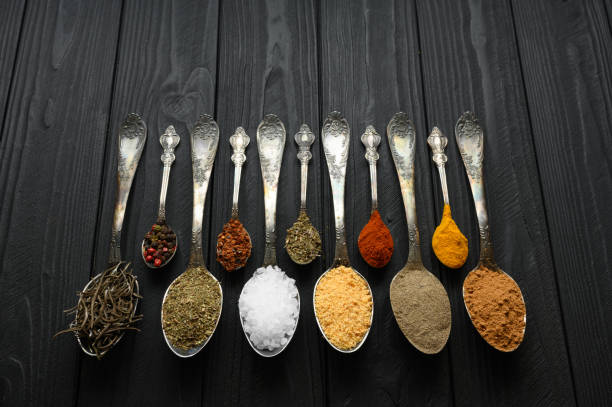

Why People Need To Be Careful When Dealing With Marijuana - Even For Medical Purposes
As medical cannabis becomes more accepted across Canada, it’s easy to forget that cannabis is still a powerful medicine. While it can help patients manage chronic pain, anxiety, or PTSD, using it without proper guidance can cause more harm than good—especially given how much stronger cannabis has become over the years.
Medical cannabis is made up of two key compounds: THC (tetrahydrocannabinol) and CBD (cannabidiol). THC is the psychoactive ingredient that creates the “high” and affects coordination, memory, and perception. CBD, on the other hand, is non-psychoactive and generally well tolerated, with few known side effects. It’s often used for its calming and anti-inflammatory properties, helping patients find relief without the intoxicating effects associated with THC.
But the biggest concern today is how strong THC has become. Over the past decade, THC levels have surged—rising faster than NVIDIA’s stock—with many modern strains now reaching 25–30% THC or higher, compared to 3–5% in the 1980s. That dramatic increase means today’s cannabis can have far more intense effects, even at smaller doses. For new patients, or anyone using cannabis without medical supervision, this can quickly lead to unwanted reactions such as anxiety, paranoia, dizziness, or a racing heart.
Regular use of high-THC cannabis can also lead to tolerance, dependency, or withdrawal symptoms if stopped suddenly. Some people experience reduced motivation, difficulty focusing, or disrupted sleep patterns. In vulnerable individuals, especially those with a history of mental health disorders, heavy use can even trigger cannabis-induced psychosis.
If you’re curious about how the body reacts to long-term use, you can explore our related posts, such as Side Effects of Smoking Medicinal Marijuana on a Daily Basis, Common Side Effects of Marijuana, and Some Mild Side Effects of Marijuana. Each article helps explain what happens when cannabis is used frequently or in higher doses than recommended.
For a broader overview of how cannabis interacts with your body and mind, see What Are the Side Effects of Marijuana, which covers both short-term and long-term effects supported by research and patient experience.
Because of the plant’s growing potency, medical professionals always recommend starting low and going slow. Doctors can authorize cannabis use, but it’s trained cannabis educators who help patients understand safe dosing, product selection, and strain balance—particularly when managing complex conditions like PTSD or chronic pain.
And if you choose to grow your own medical cannabis, be sure you’re doing so legally under a Personal Grow Licence authorized by Health Canada. This ensures your plants and dosage comply with federal regulations designed to protect both patient safety and public health.
Medical cannabis can be transformative when used responsibly. But with today’s high-THC products, understanding your limits, reading your product labels, and using cannabis under proper guidance are more important than ever for maintaining safety and achieving real relief.
Frequently Asked Questions
1. Is CBD addictive?
No. CBD (cannabidiol) is non-psychoactive and not considered addictive. Most patients tolerate it well, with minimal side effects such as mild fatigue or dry mouth.
2. Can THC be addictive?
Yes, THC can lead to dependence if used frequently or in high doses. It affects the brain’s reward system, and some people may develop tolerance or withdrawal symptoms when stopping suddenly.
3. Why is today’s cannabis stronger than before?
Modern cultivation and breeding methods have increased THC concentration dramatically. In the 1980s, cannabis averaged 3–5% THC; today, many strains reach 25–30% or higher, greatly amplifying both benefits and risks.
4. Can I use medical cannabis every day?
Daily use is common among patients, but it should be done under medical supervision. Consistent use without proper monitoring may lead to tolerance or reduced effectiveness over time.
5. Can I grow my own medical cannabis legally in Canada?
Yes. With a valid Personal Grow Licence from Health Canada, patients can legally cultivate cannabis for their own medical use. The number of plants allowed depends on your prescribed daily dosage.
6. Are there safer alternatives to smoking medical cannabis?
Yes. Oils, capsules, and vapourized products are generally preferred for medical use because they’re easier to dose and less harmful to the lungs than smoking.
Previous Post
Next Post

Storing Medical Cannabis – Learn how to properly store your cannabis and keep its potency strong.
Go To Post
Before Acquiring Medical Marijuana, Here Are 2 Questions That Your Doctor Is Likely To Ask You (Plus a Bonus One!)
Go To Post
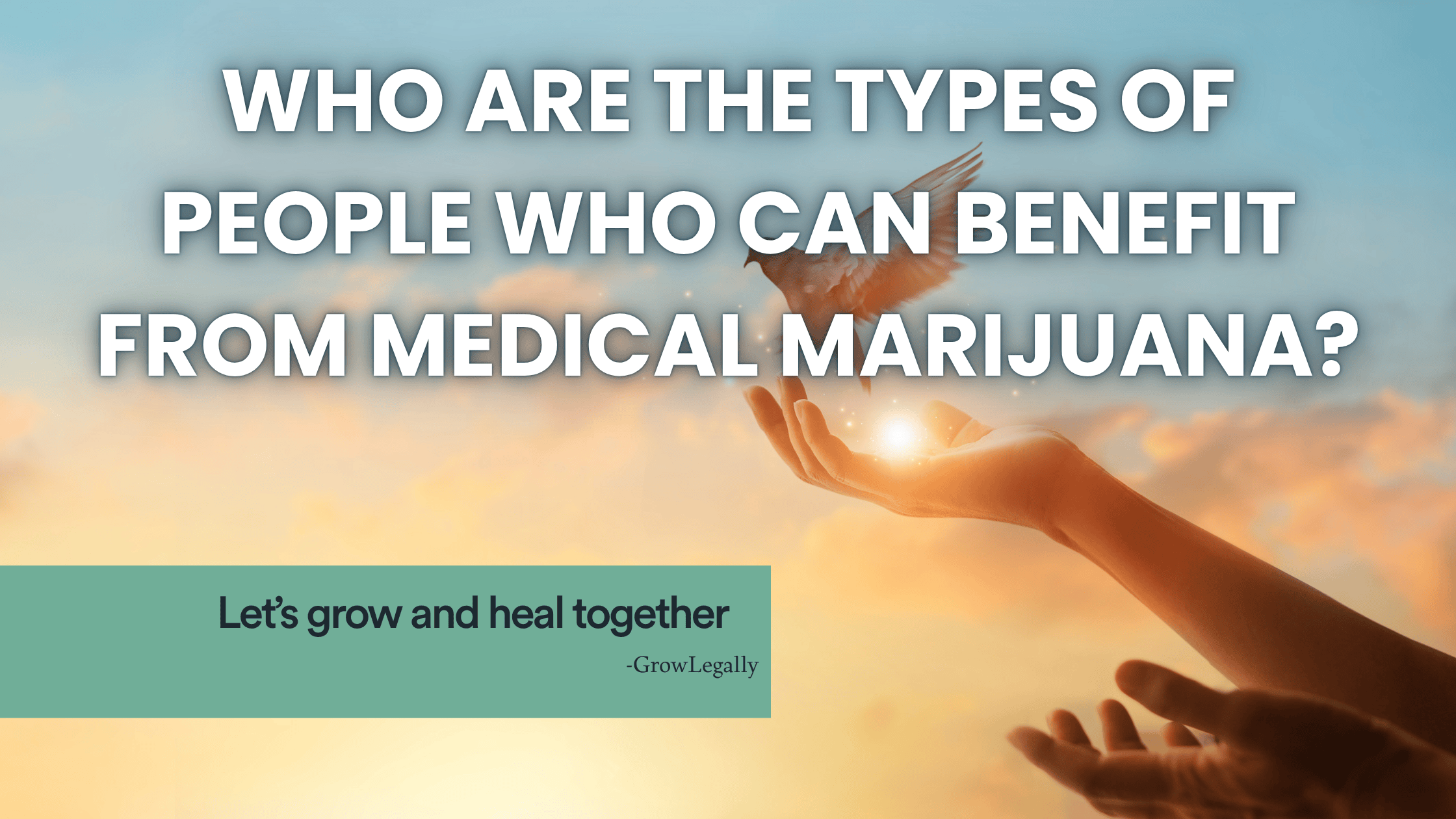
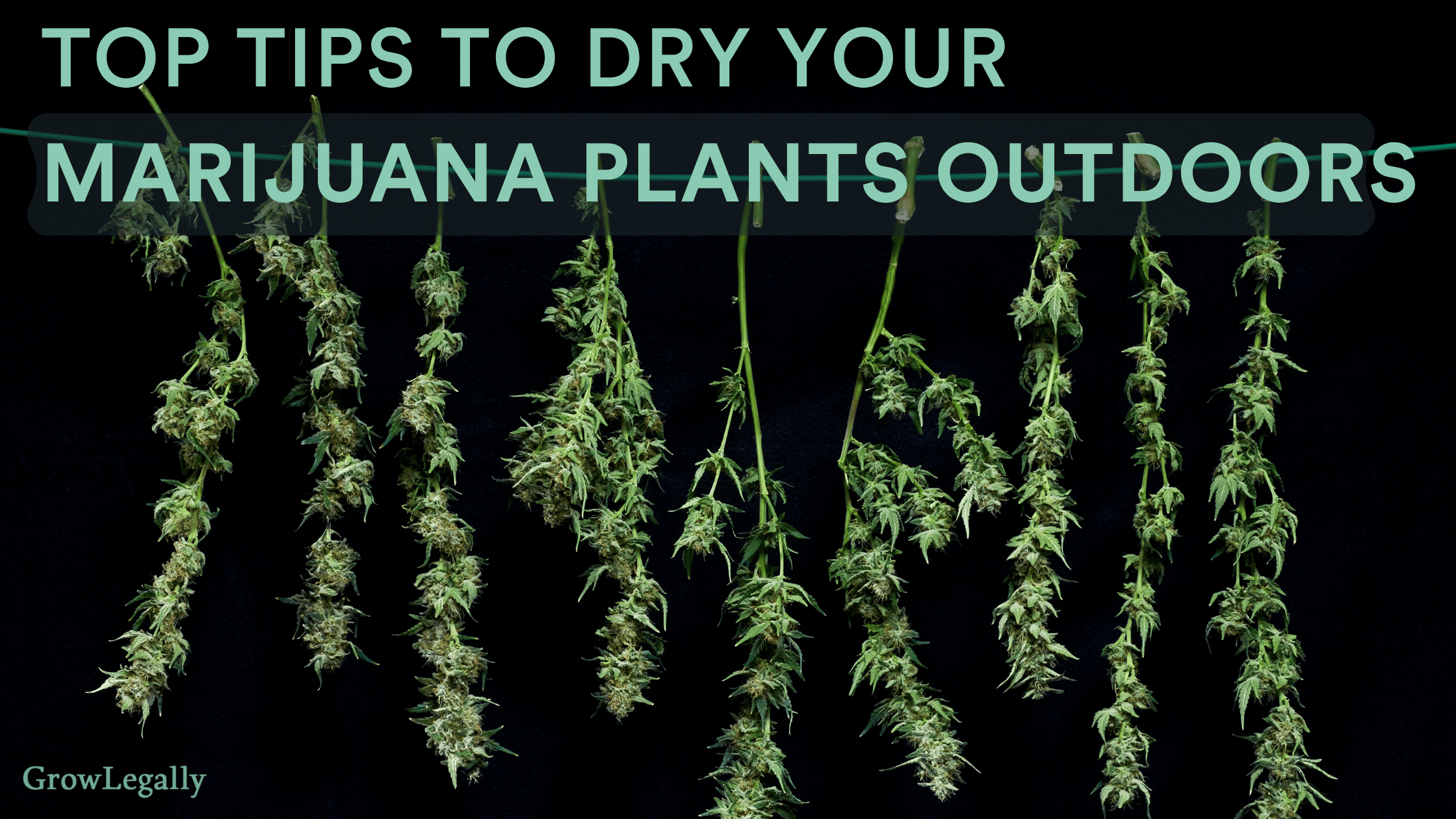
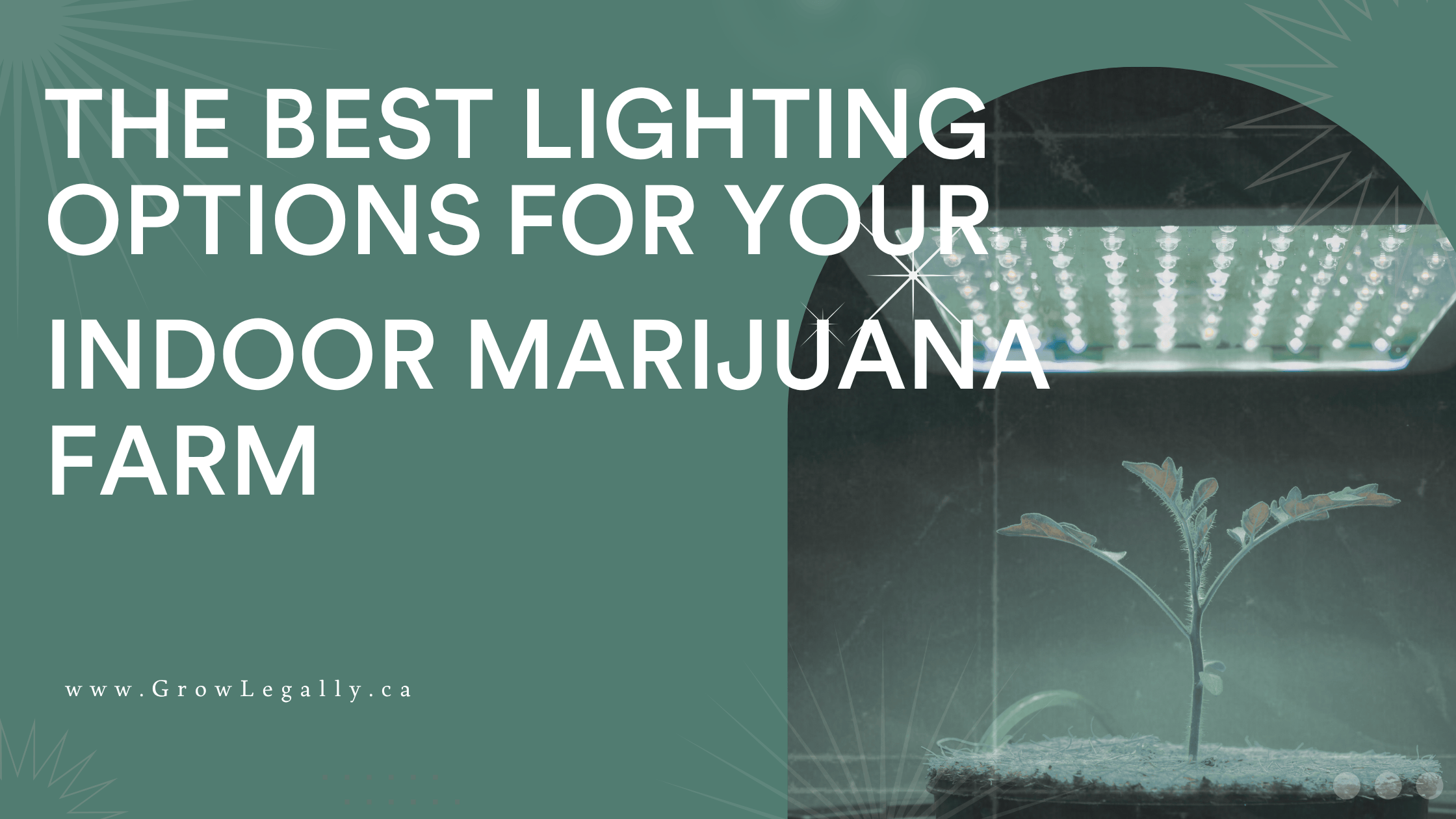
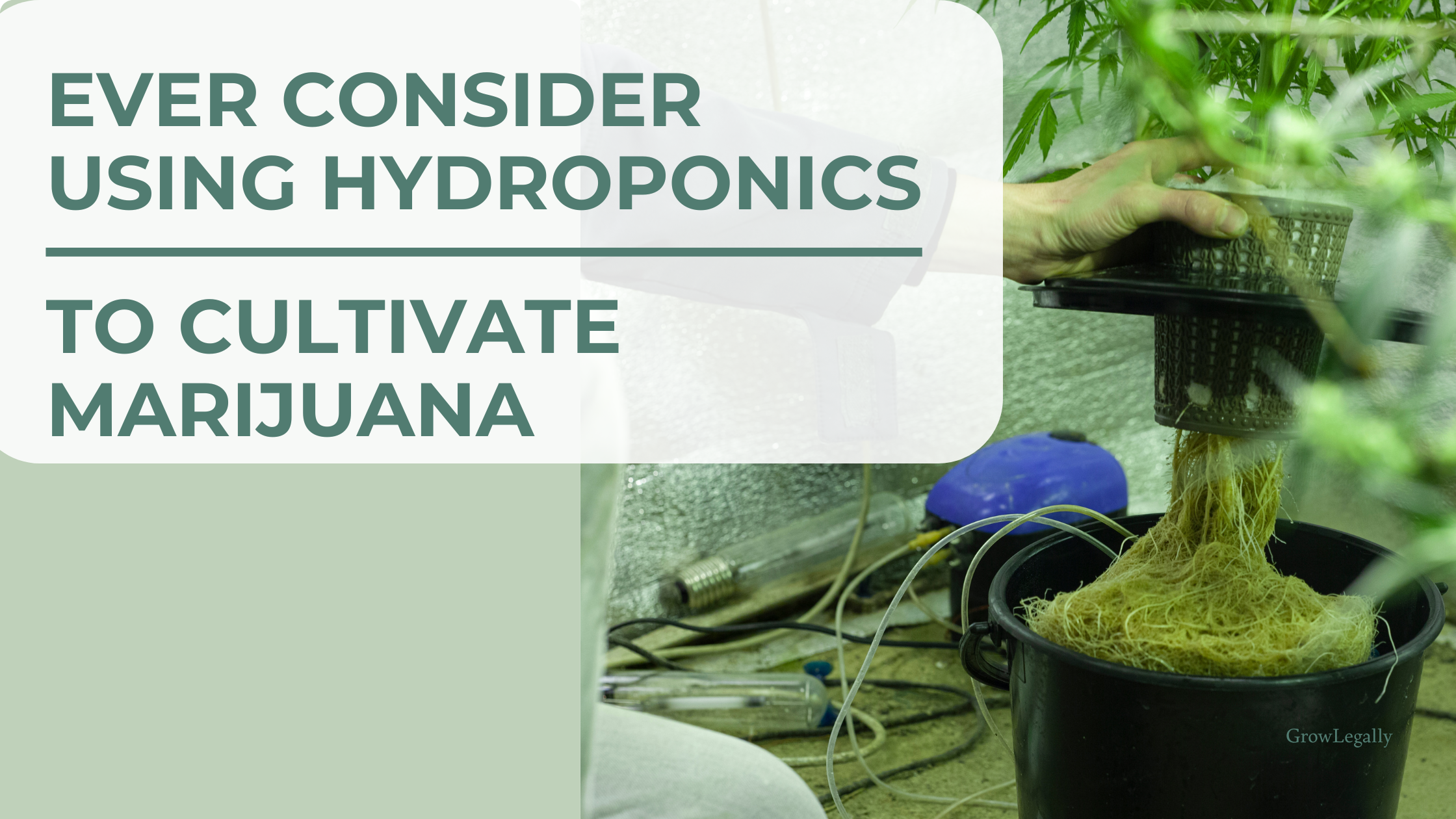
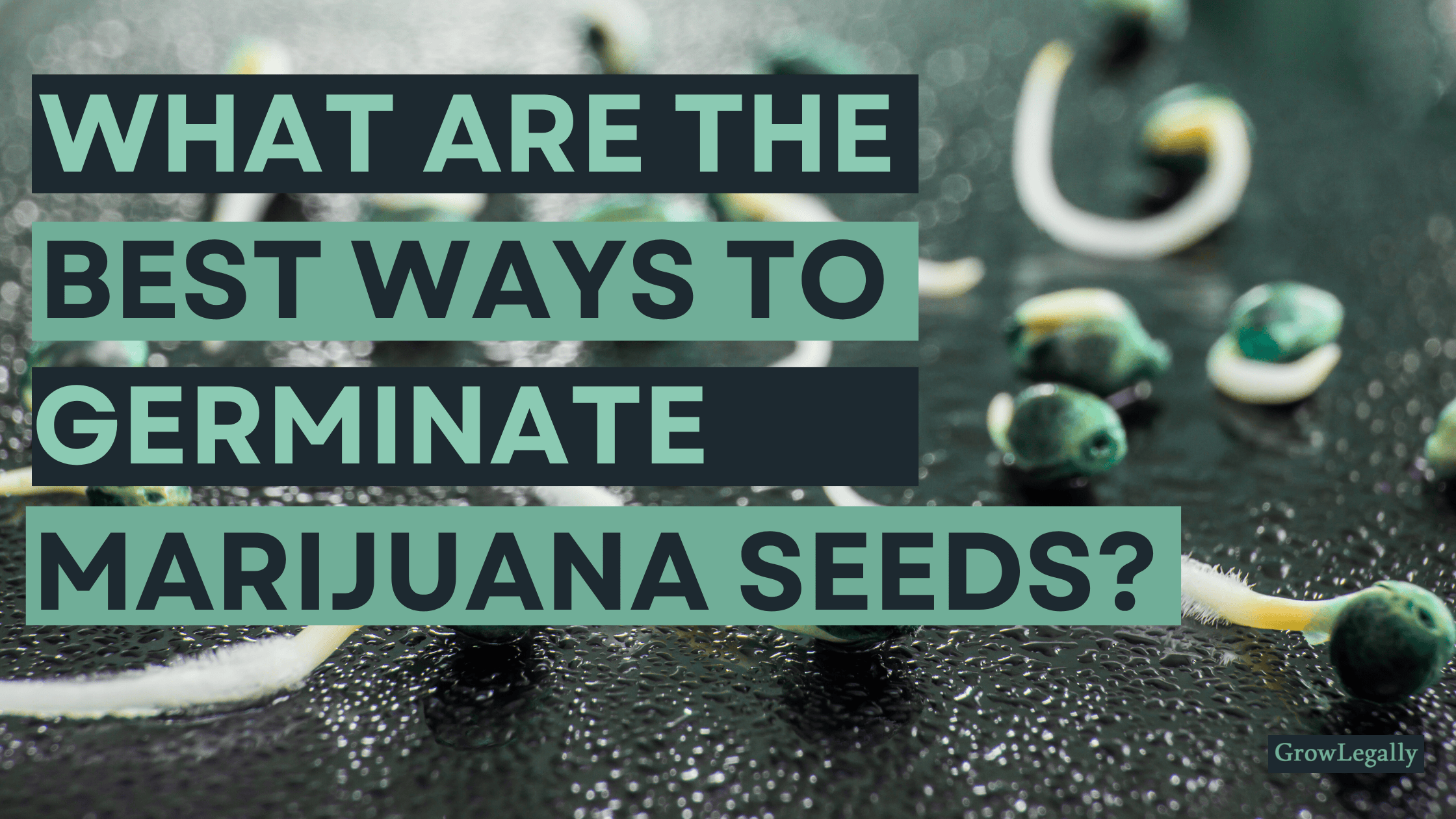
.png)
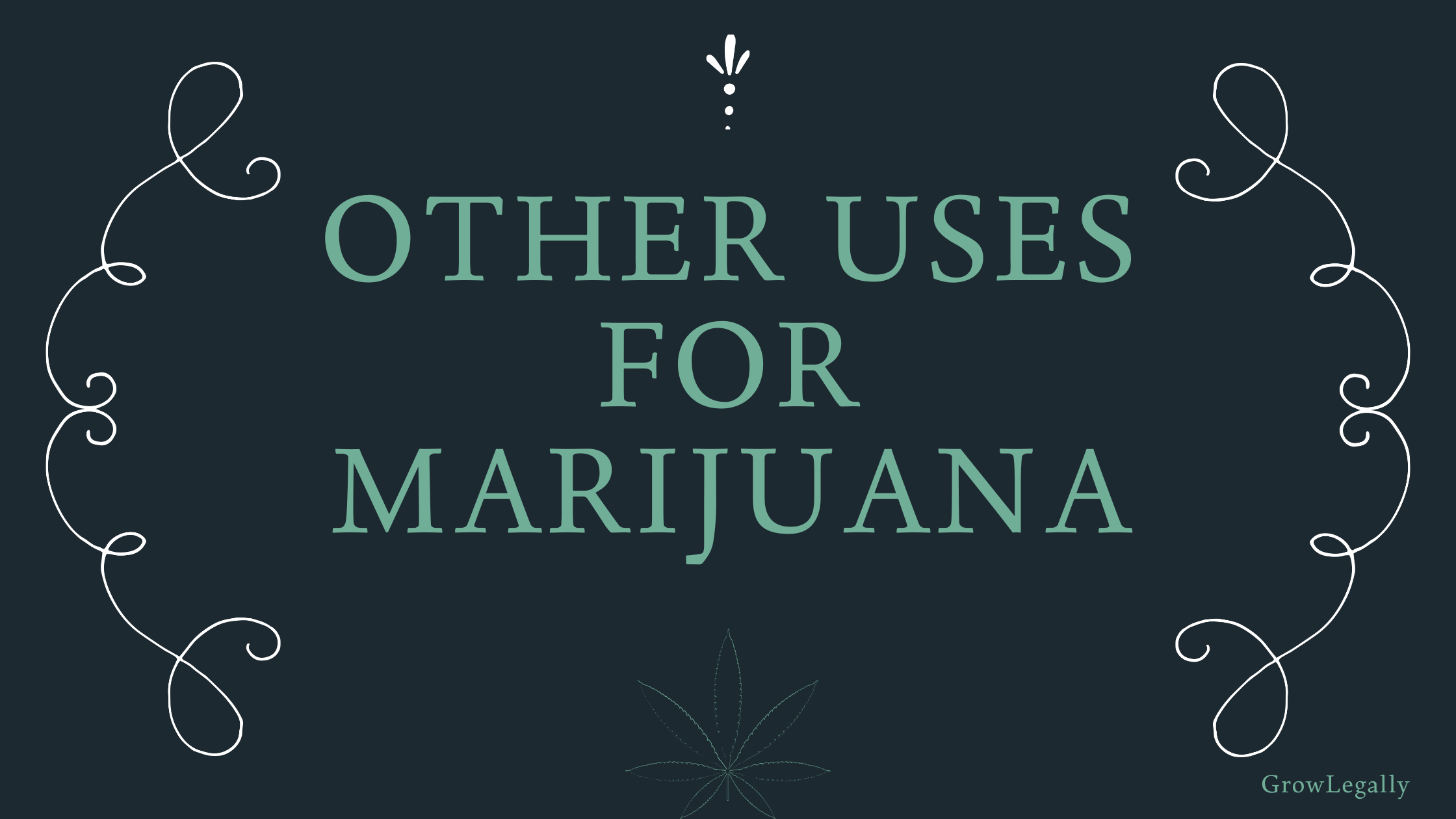
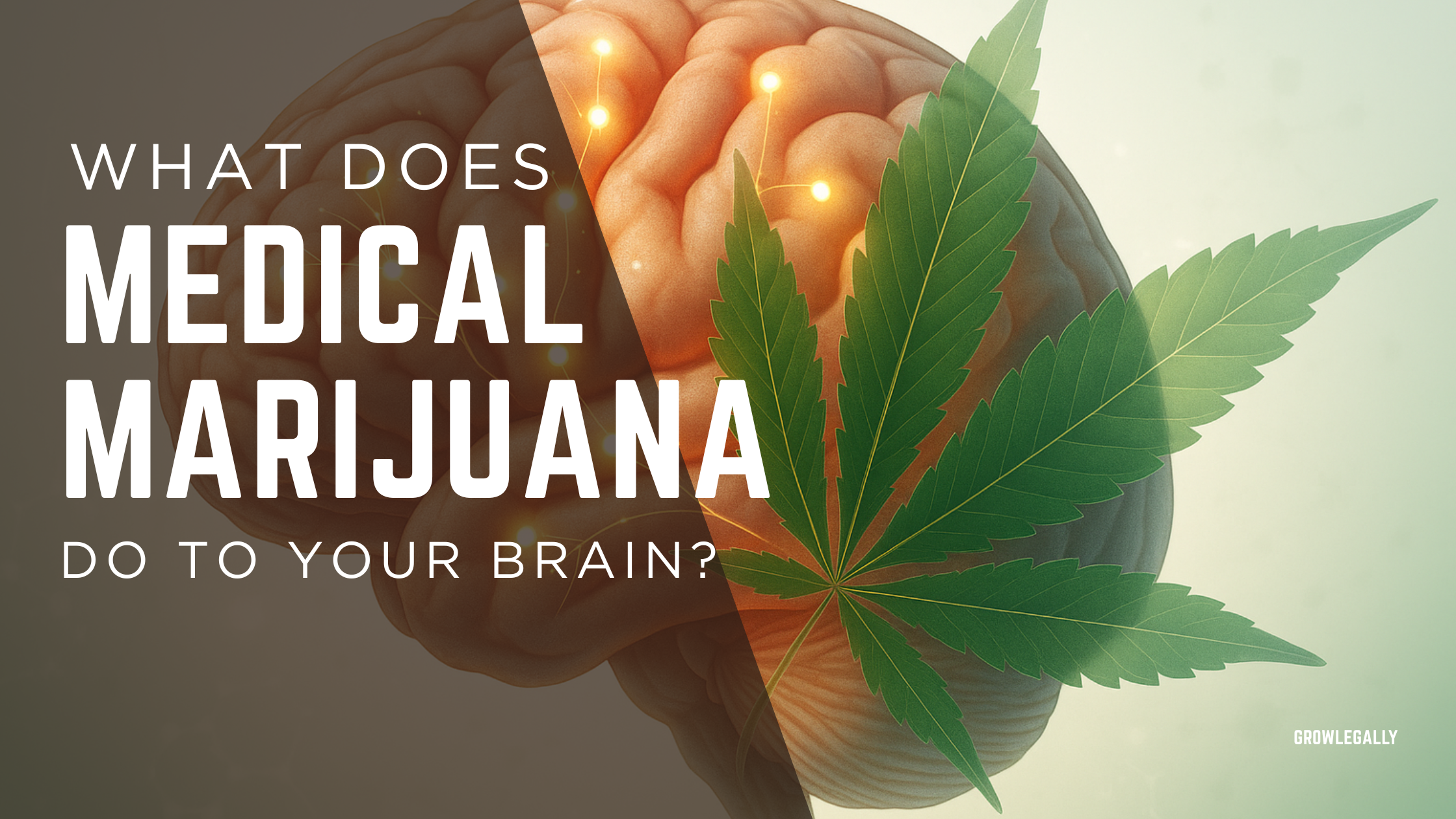
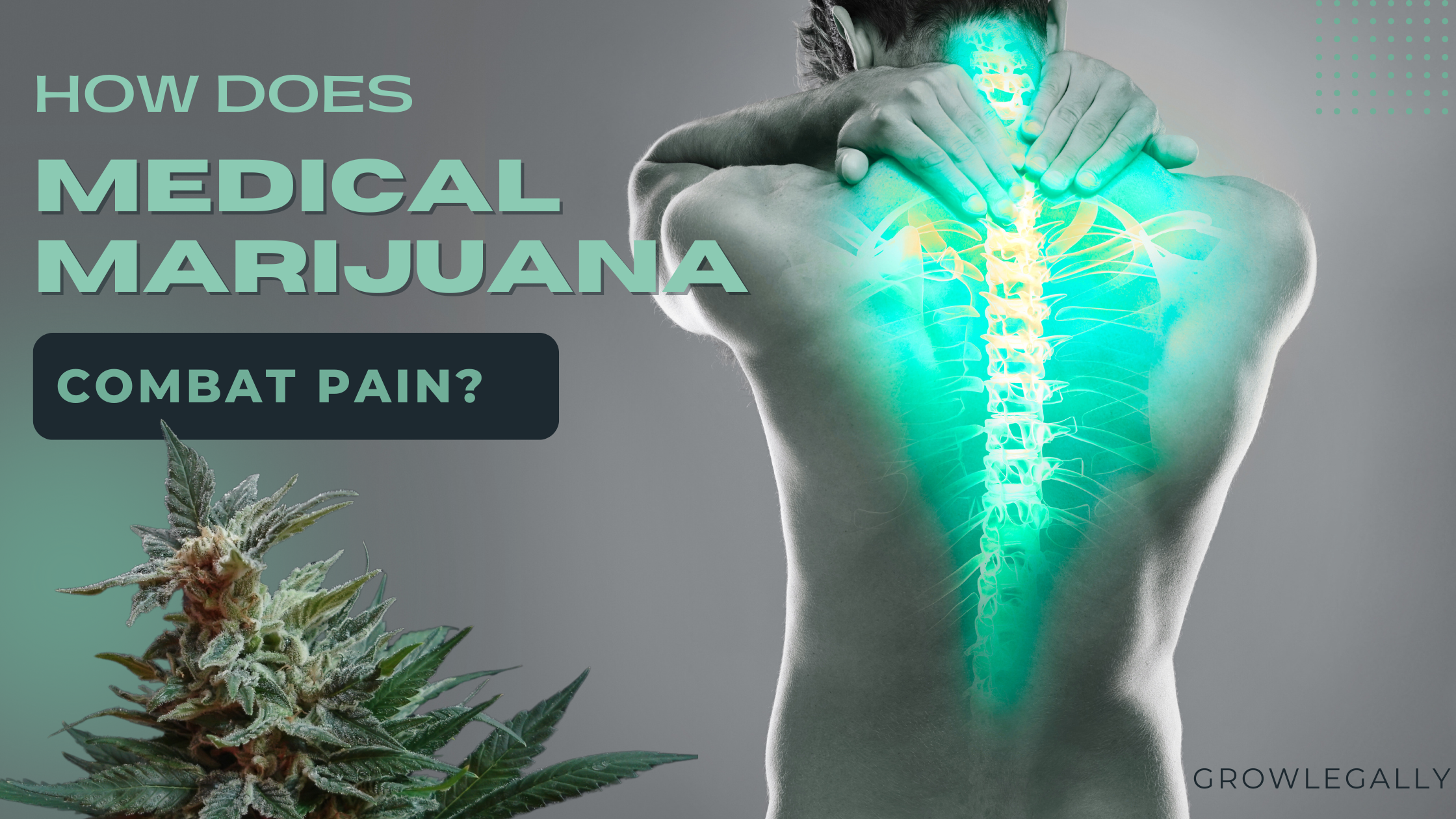
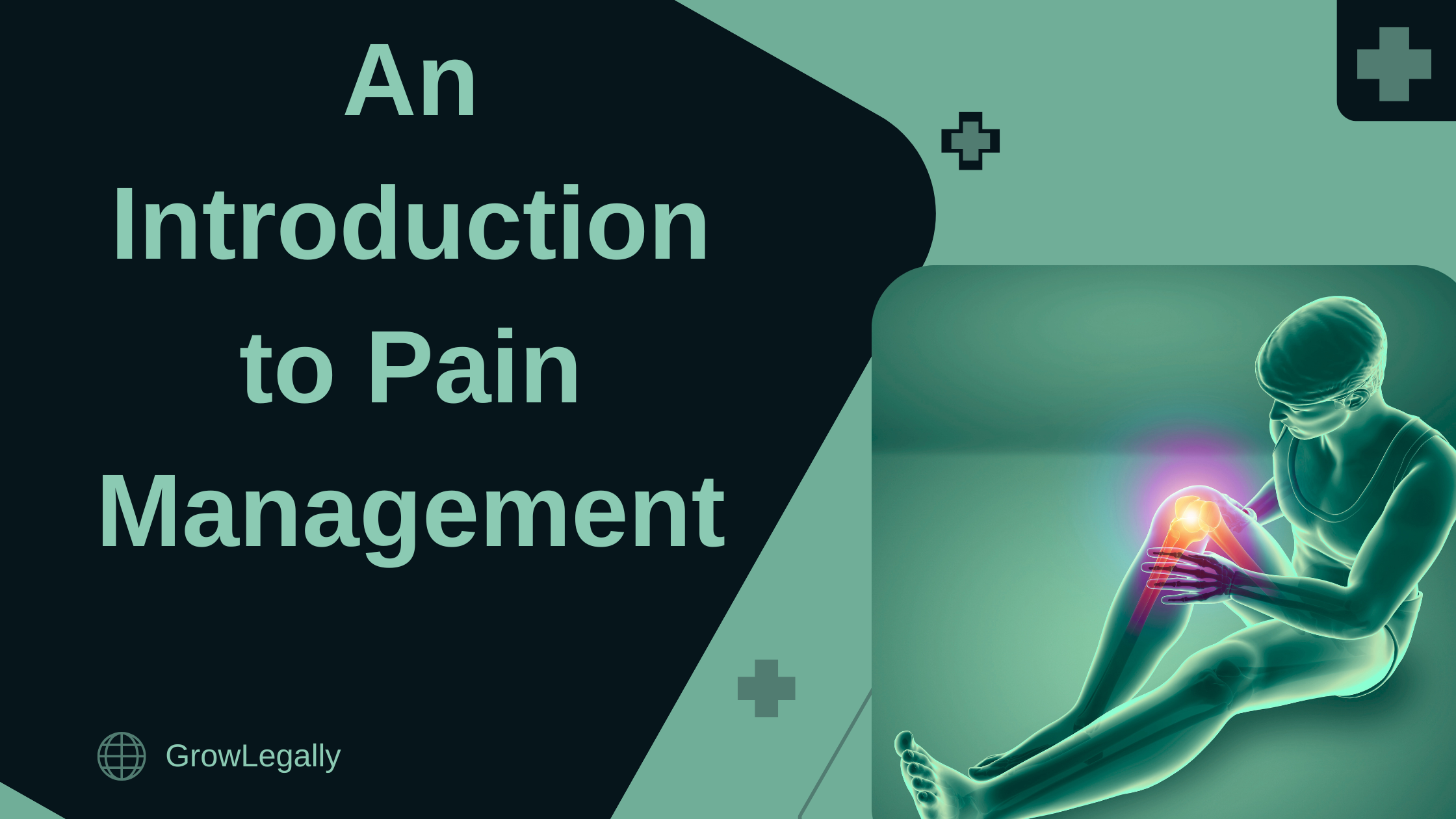
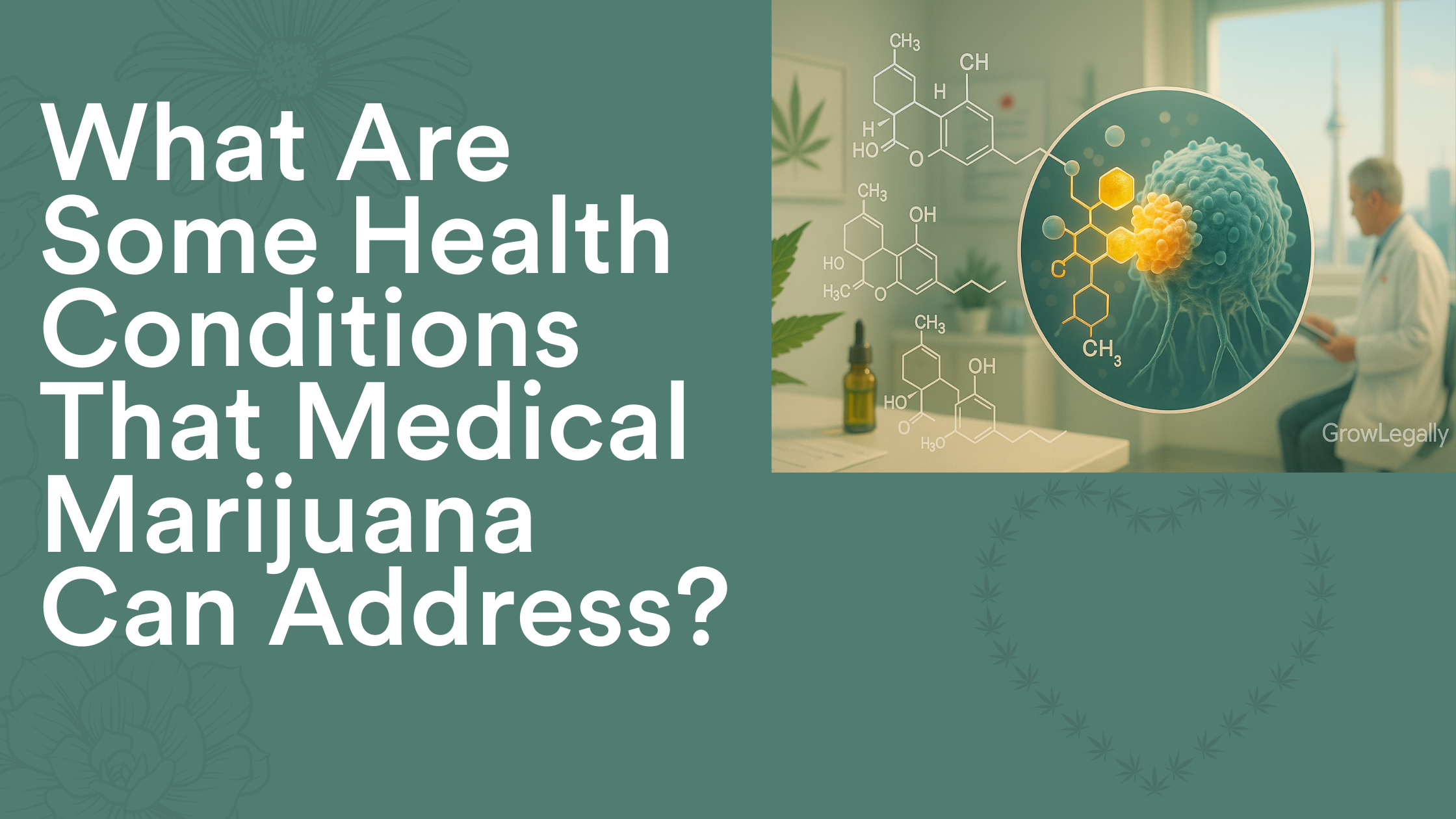
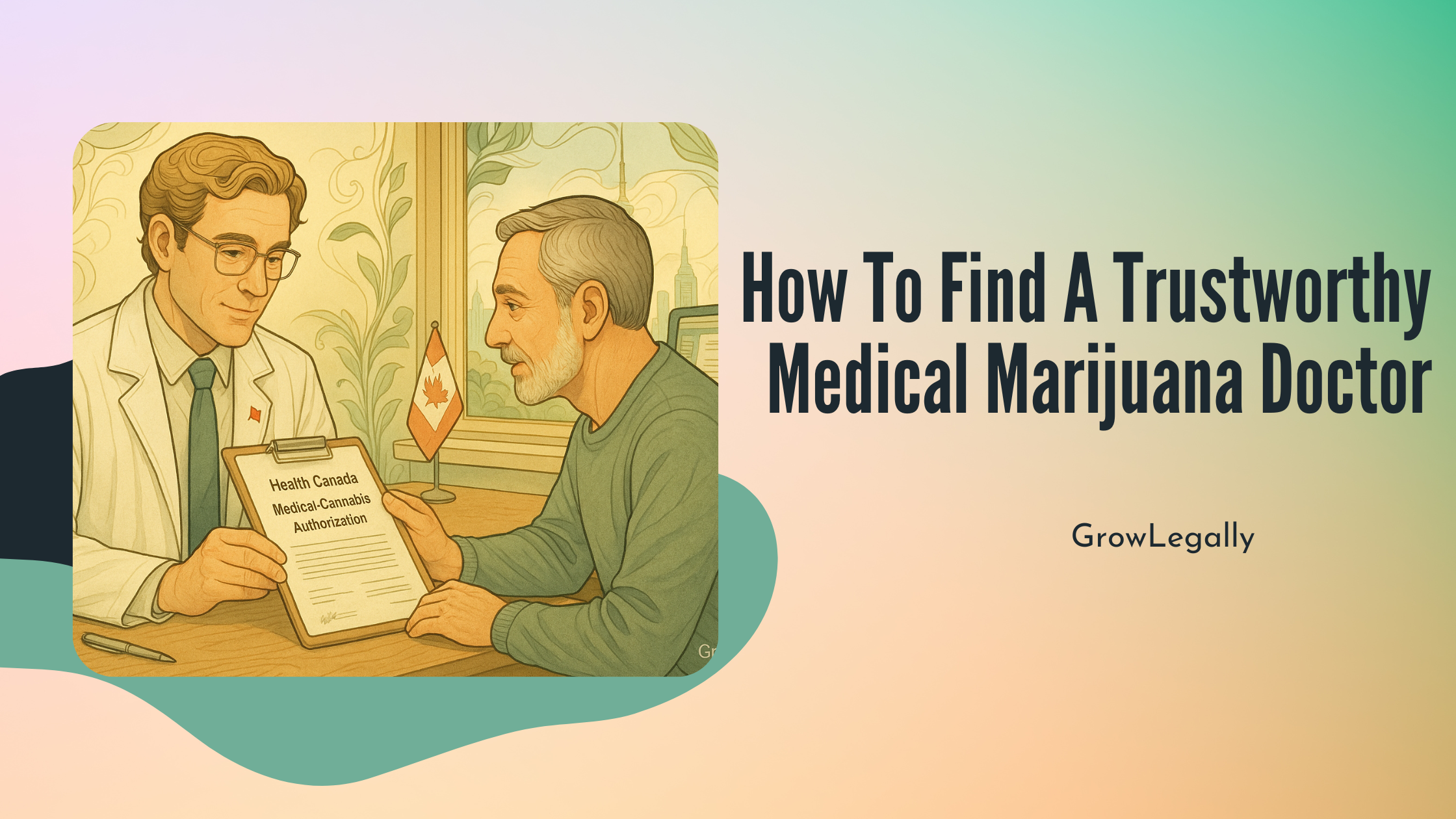
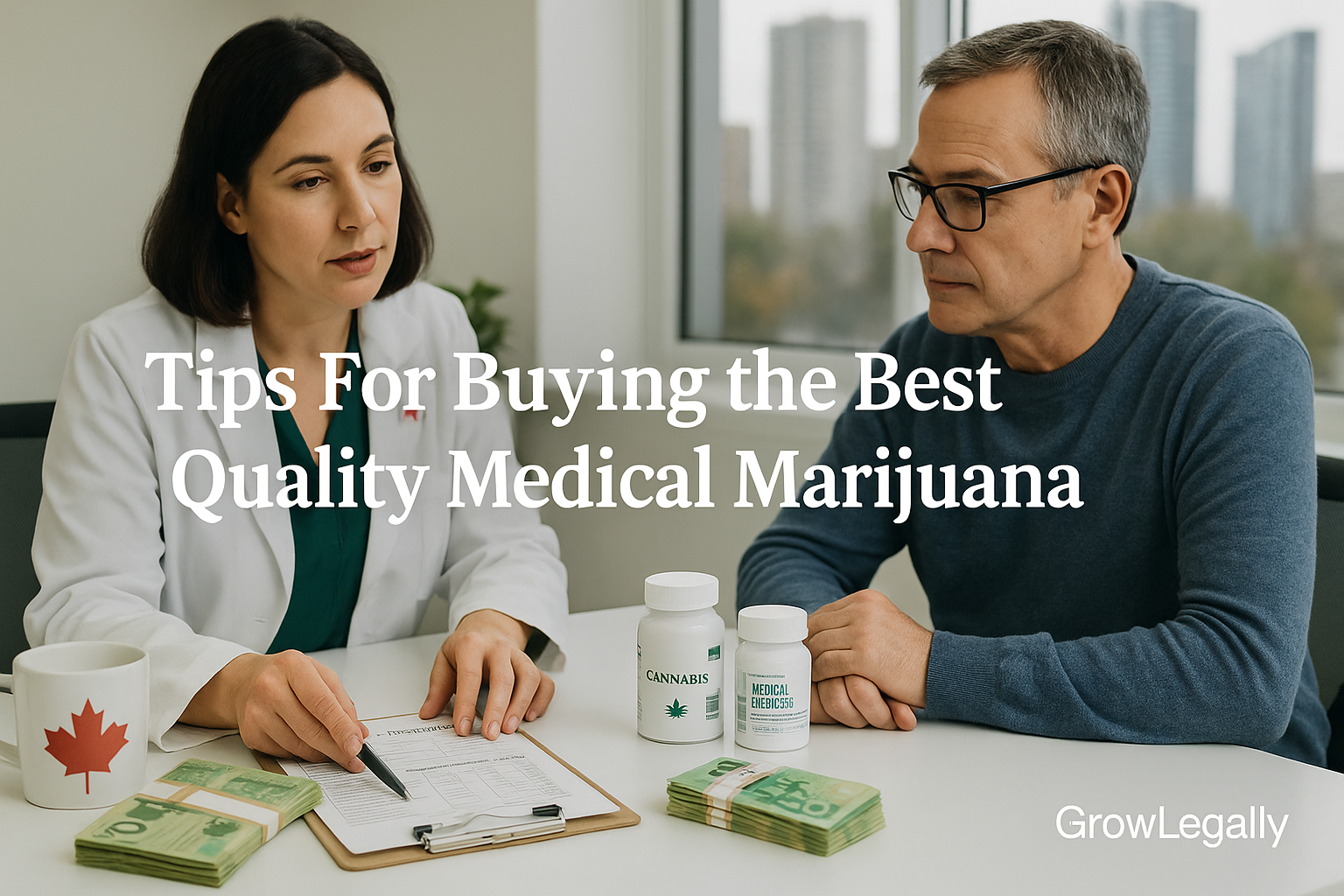
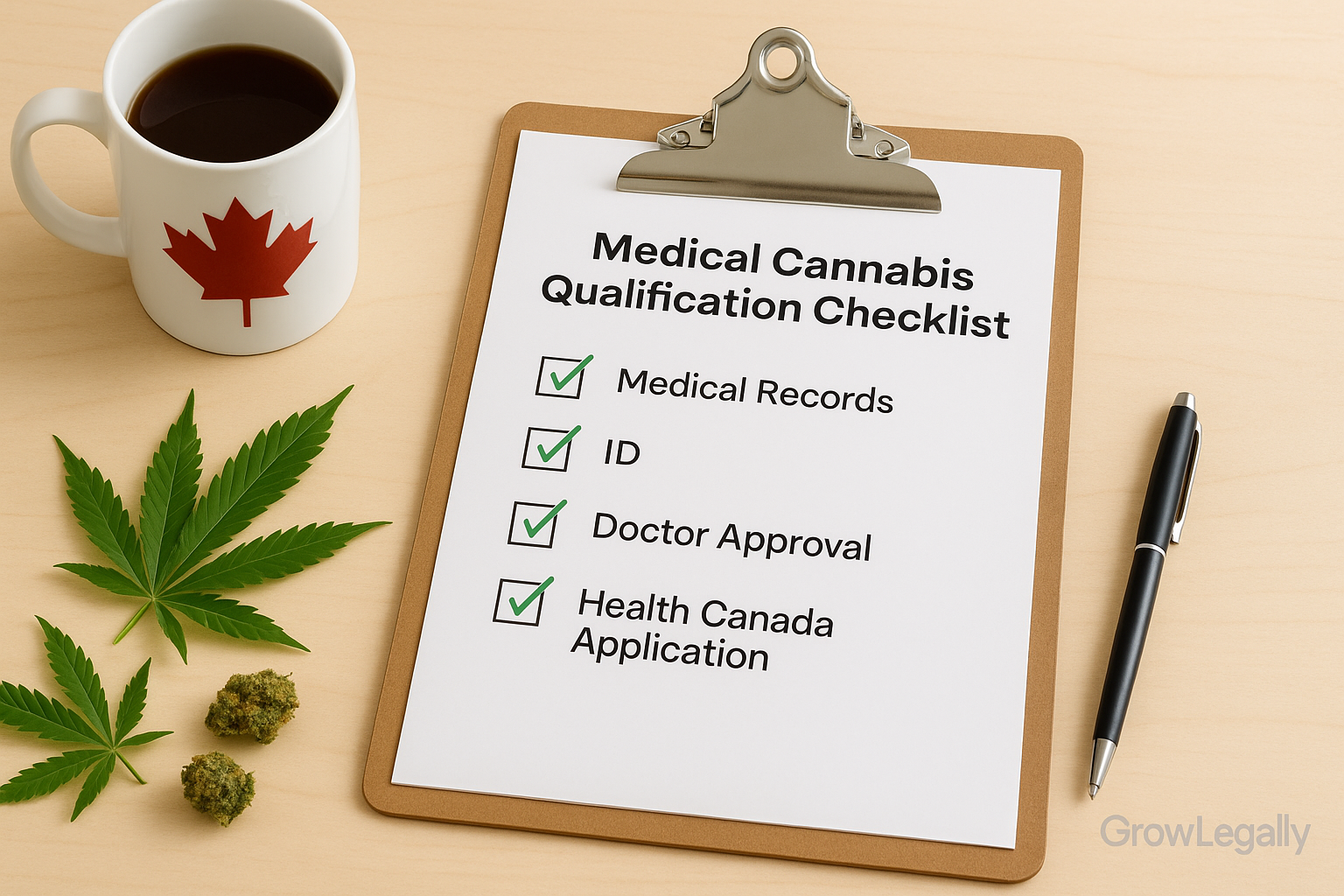
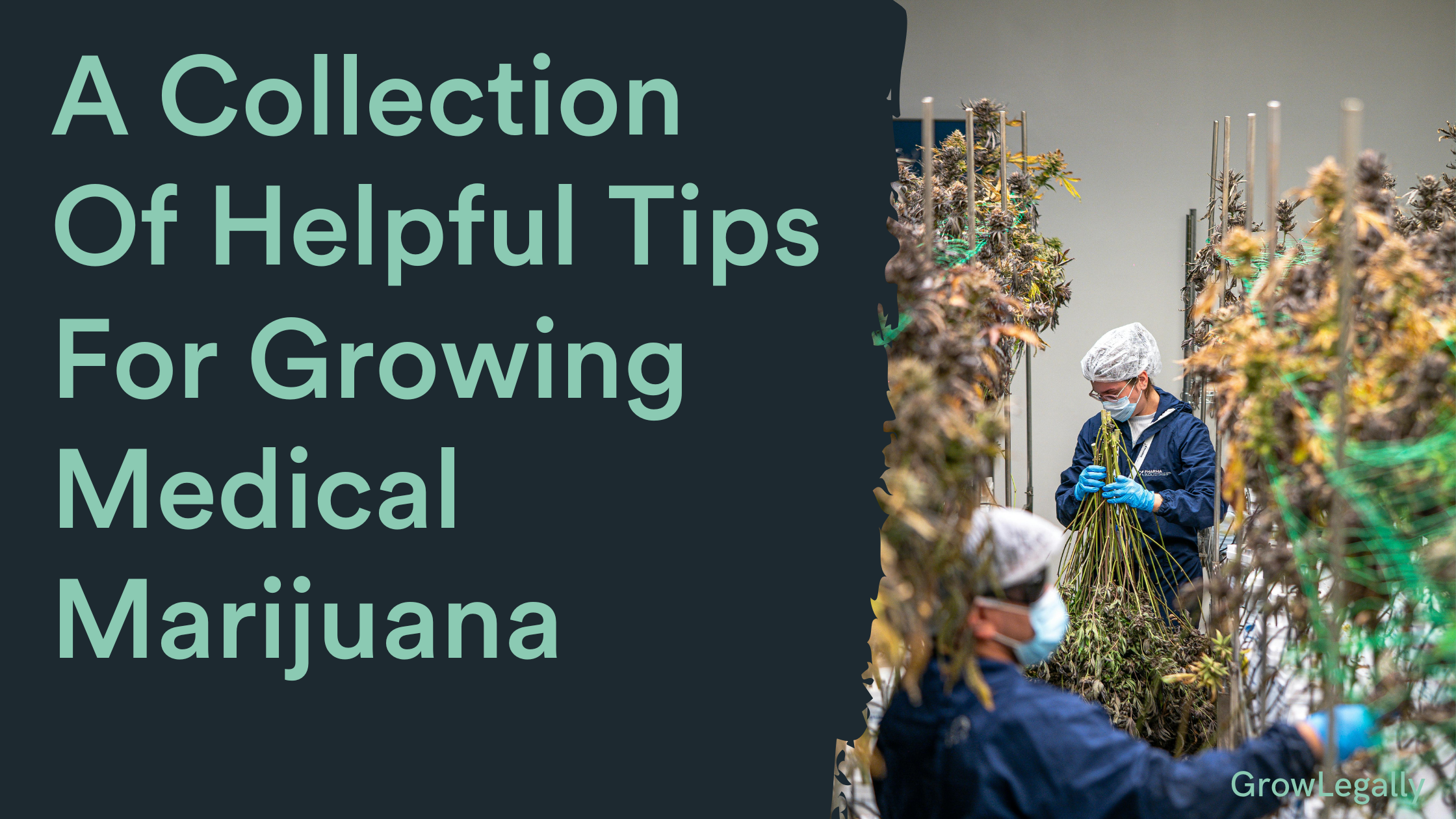
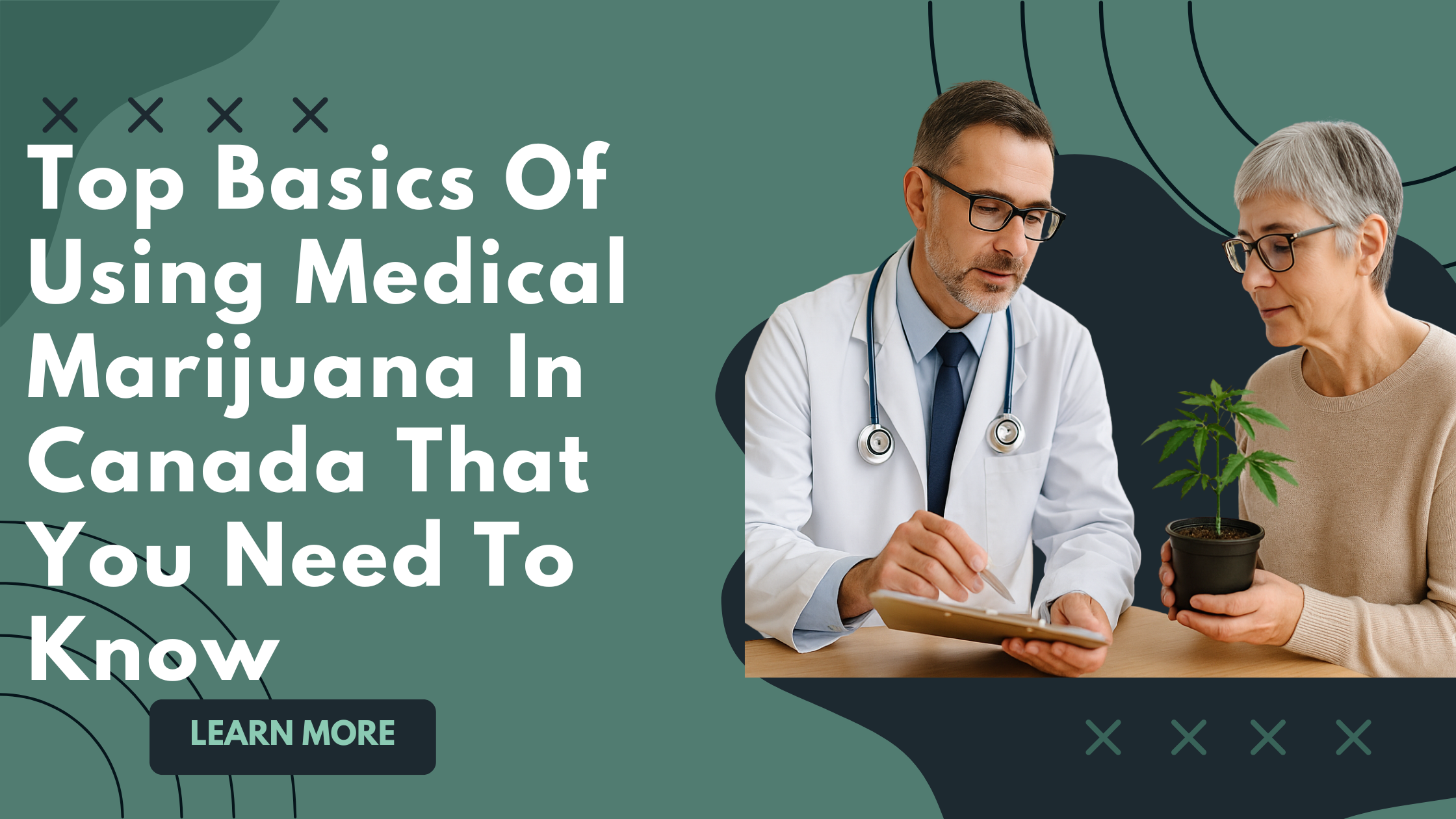
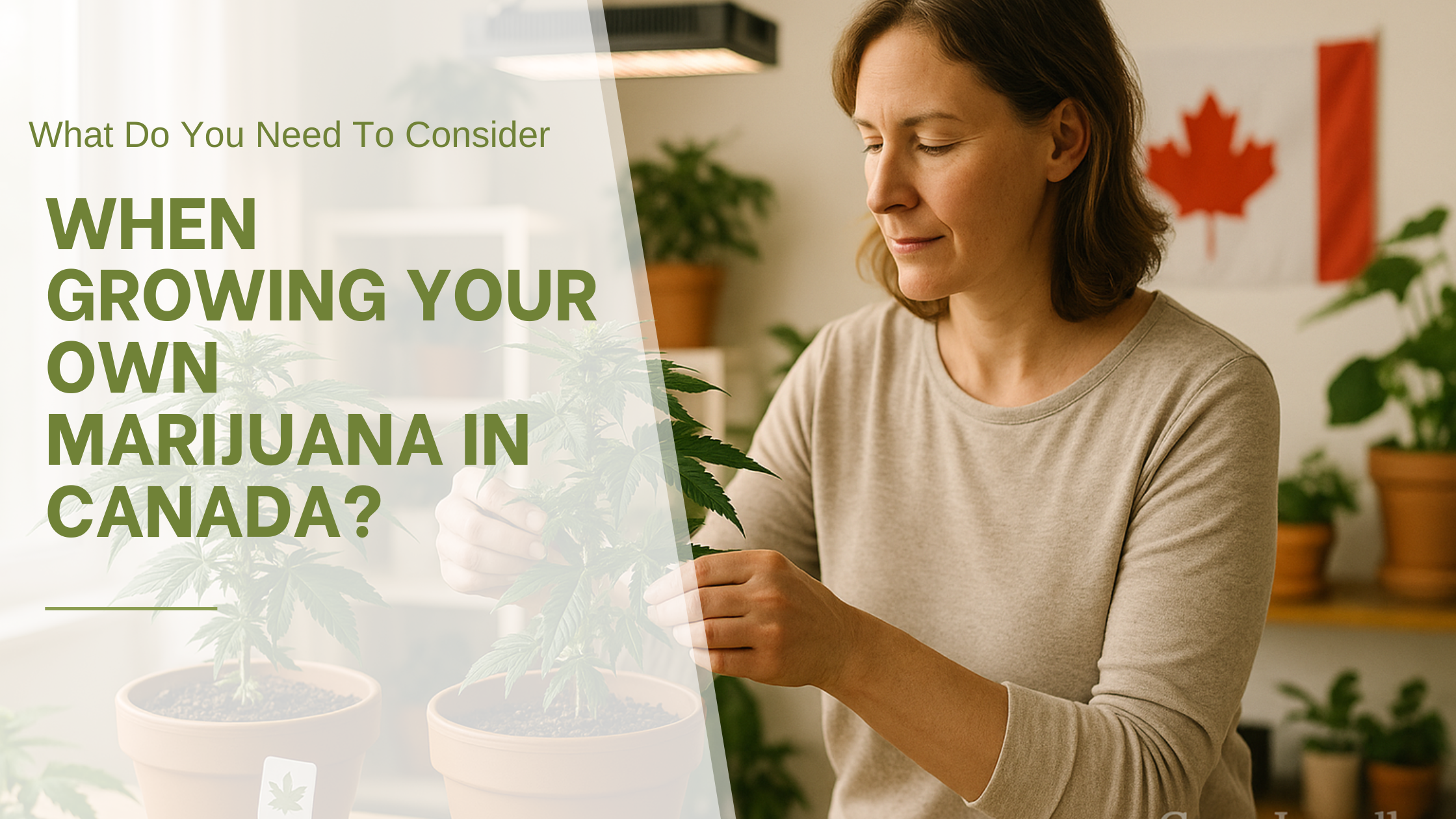
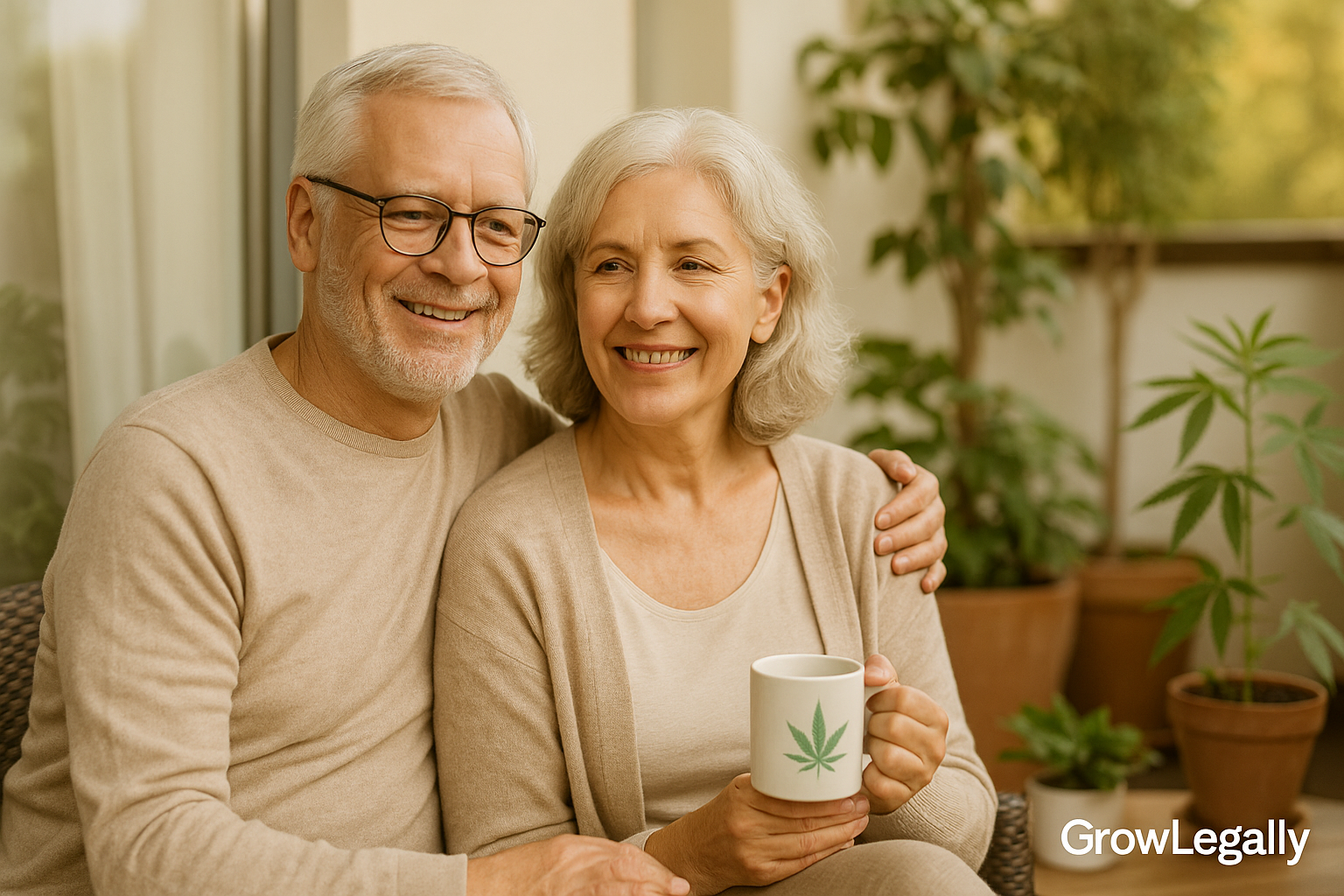

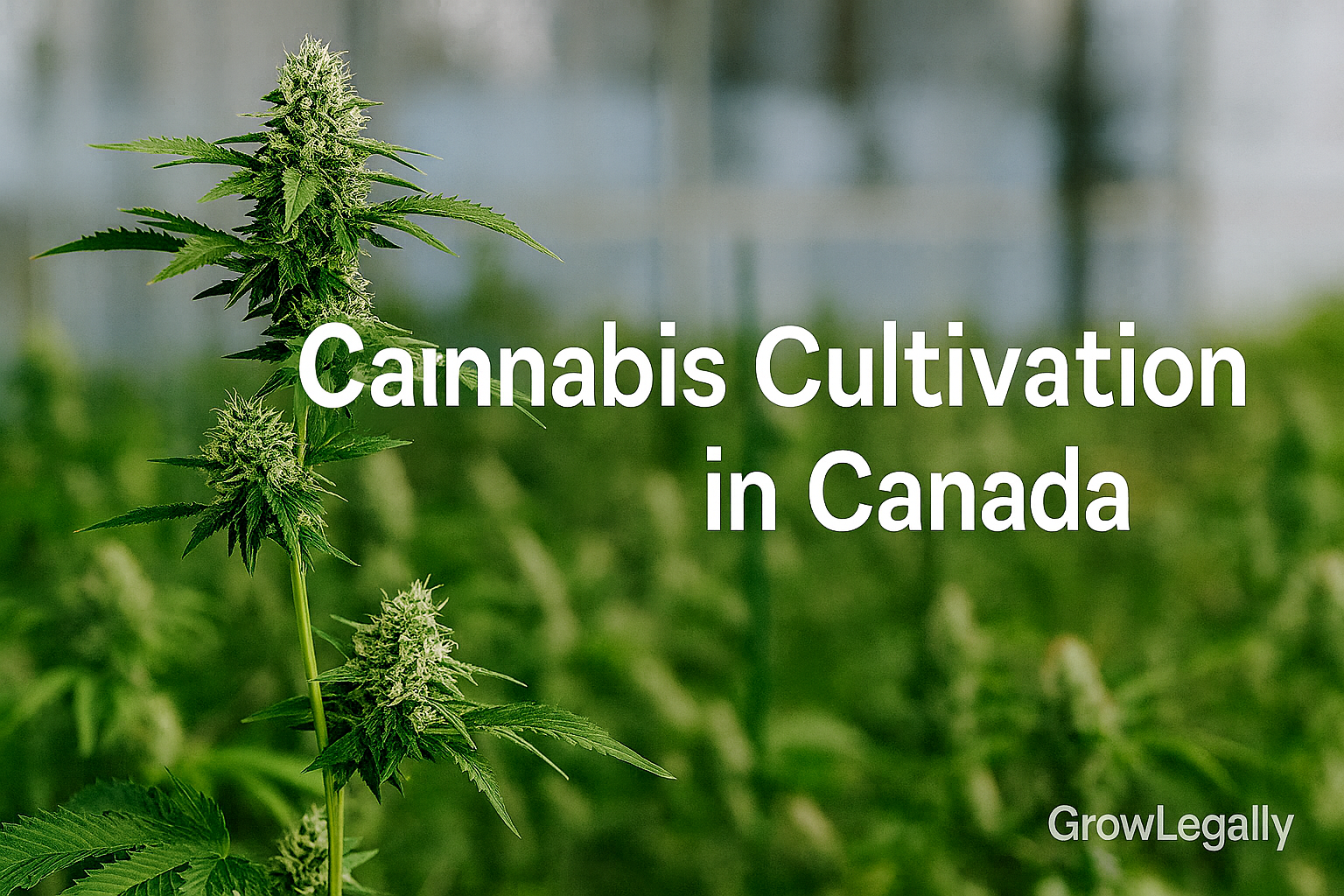
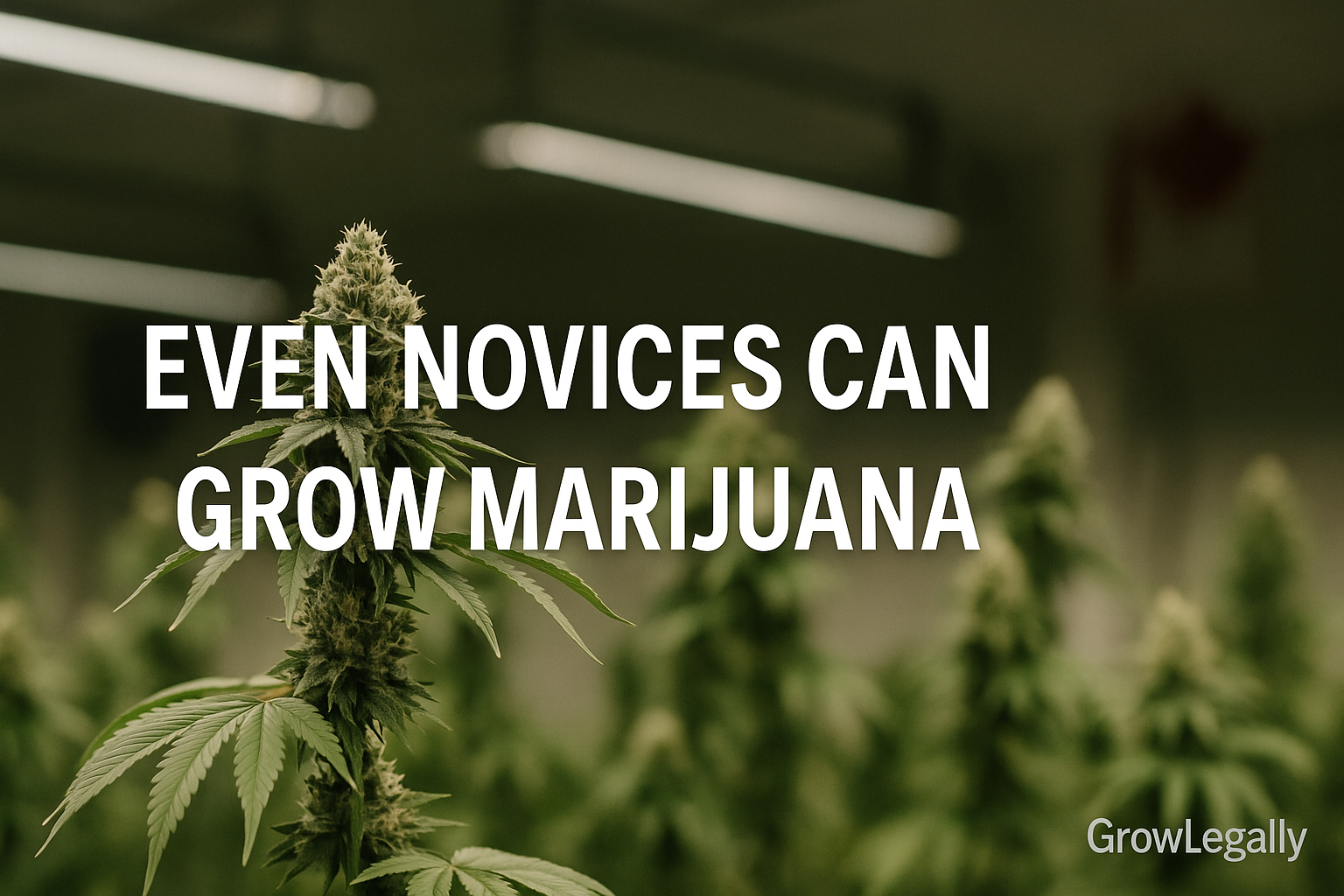


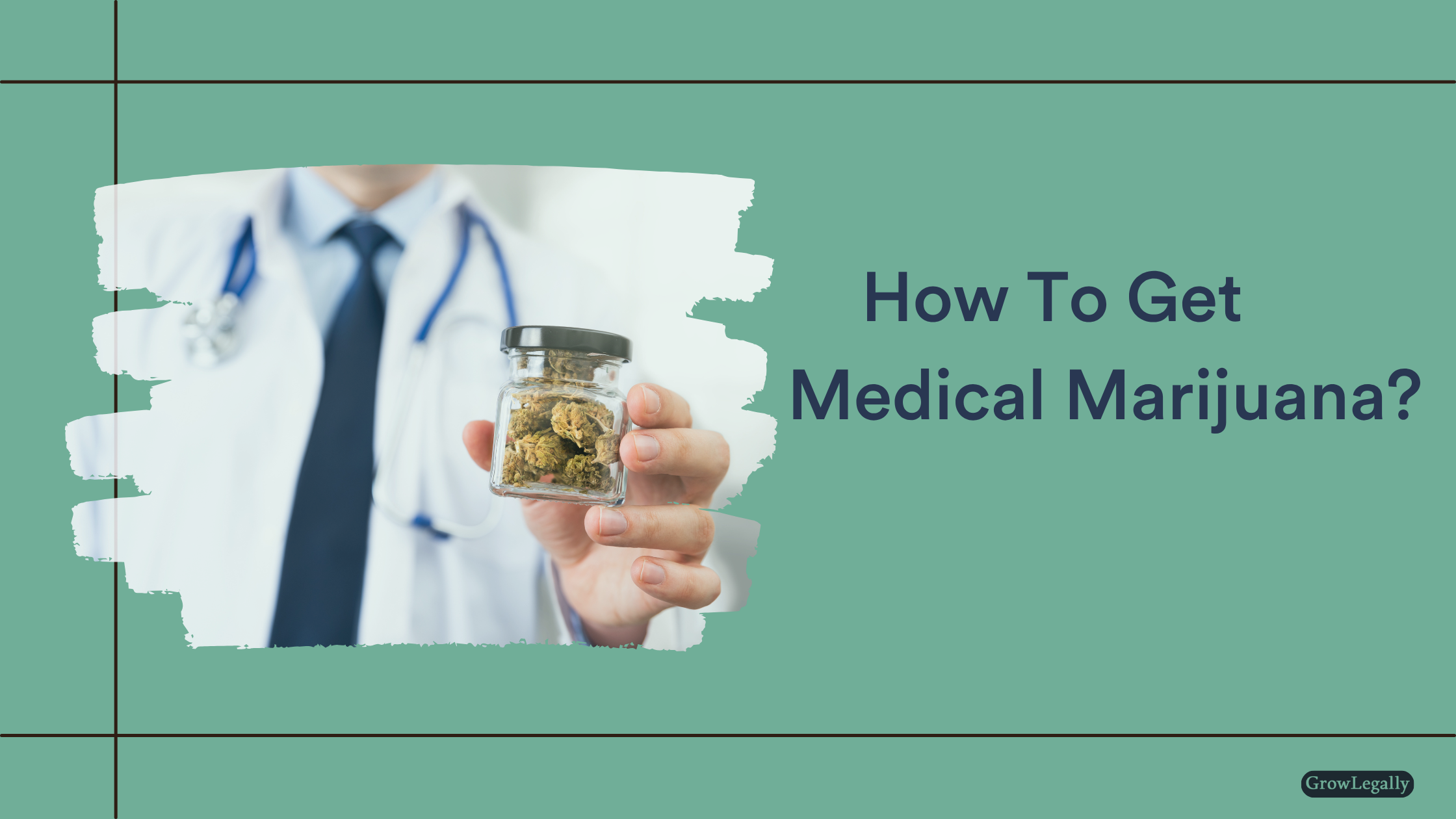

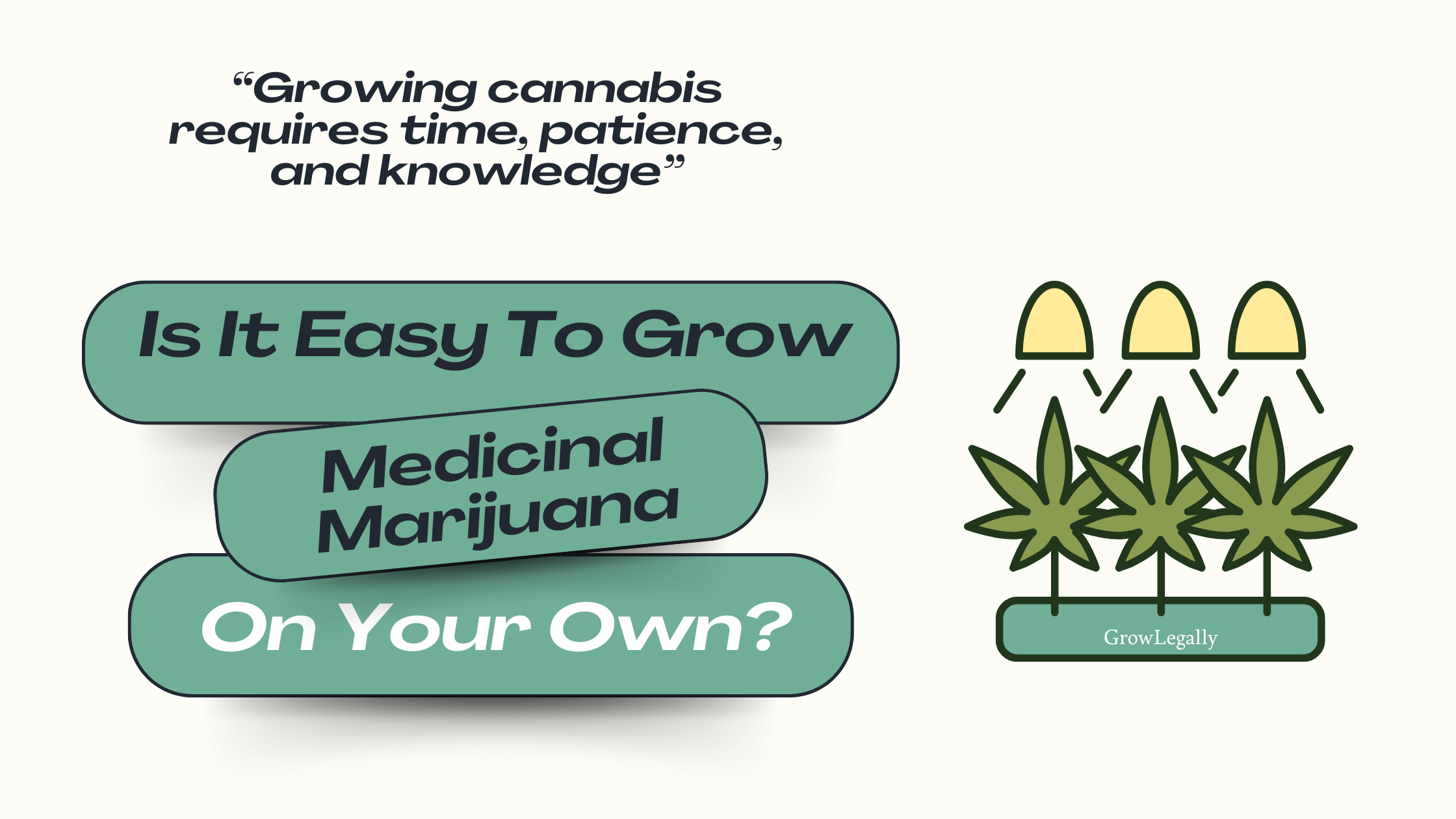
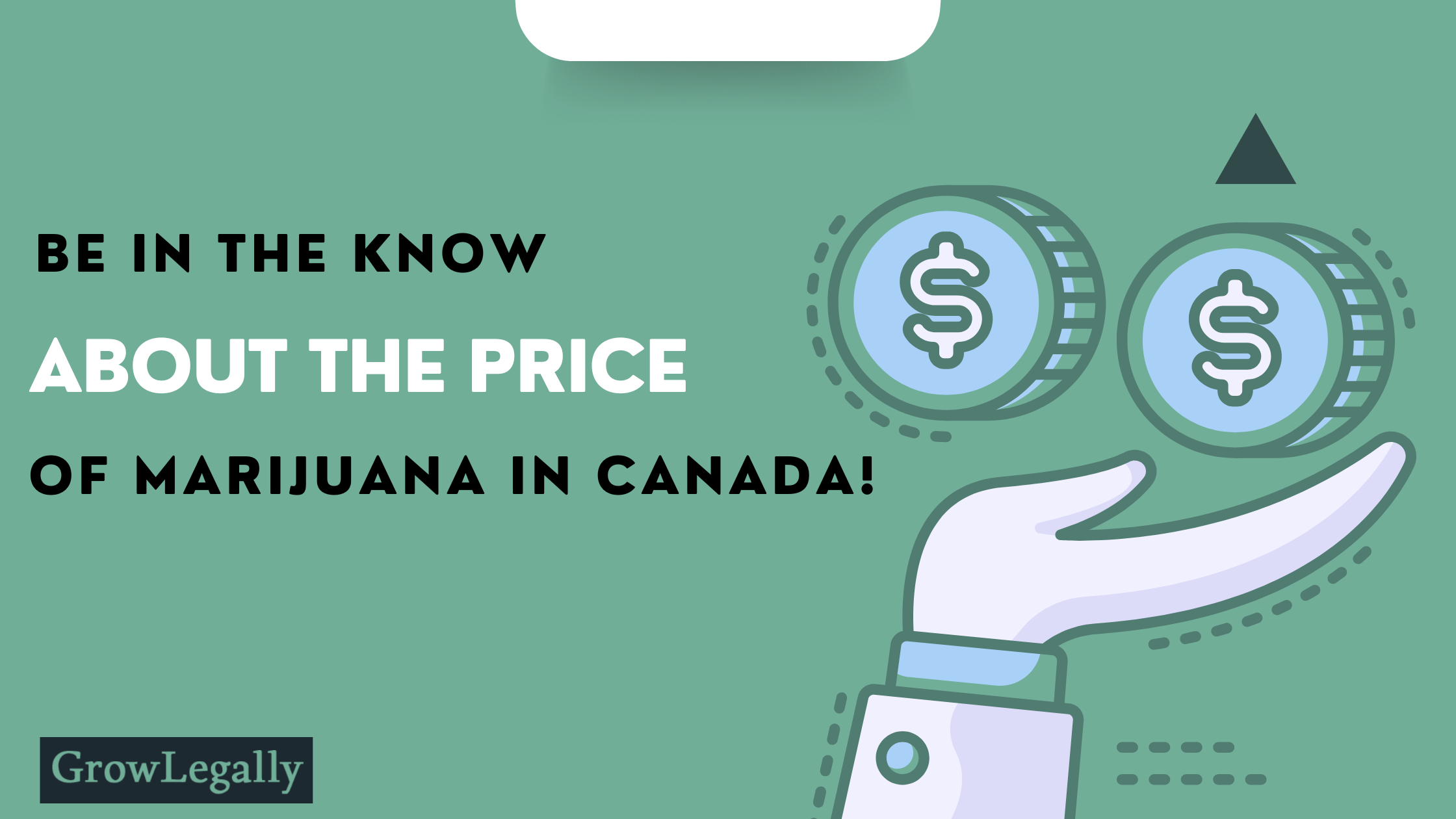





















.png)

















































.png)
















